Planning an educational travel experience is an opportunity to merge adventure with learning. It’s more than being at a place; it’s an immersion into the learning opportunities offered by that place, whether these be historical sites, cultural events, or scientific explorations.
To fully take advantage of your journey, you will have to invest a great deal of attention in careful planning and thoughtful consideration. This guide provides detailed steps to assist in constructing a truly enriching educational outing.
Defining Your Educational Goals
Above all, it’s important at the start of a journey to state what you want to achieve: whether learning about historical events, being introduced to new cultures, or gaining insight into environmental issues. Your goals will guide your destination choice and help shape your itinerary.
For instance, if you are interested in learning about ancient history, Egypt and Greece have a rich historical backdrop. If you are interested in the sciences related to the environment, consider countries such as Costa Rica or Madagascar, which have great levels of biodiversity. Having these identified will ensure that your travels mesh with your learning outcomes.
Choosing the Right Destination
The most important thing in your journey of education is selecting the right destination. Do your research for which place would be appropriate to fulfill your learning goals. For instance, if your concentration is on Renaissance art, Florence, Italy, would be a good place to go to because it contains a lot of museums and historical places.
On the other hand, if it is modern technology and innovation that interests you, then places like San Francisco or Seoul can prove apt. Consider places of educational importance where you will also have access to guided tours, academic facilities, or local specialists who will be able to teach you more about such destinations.
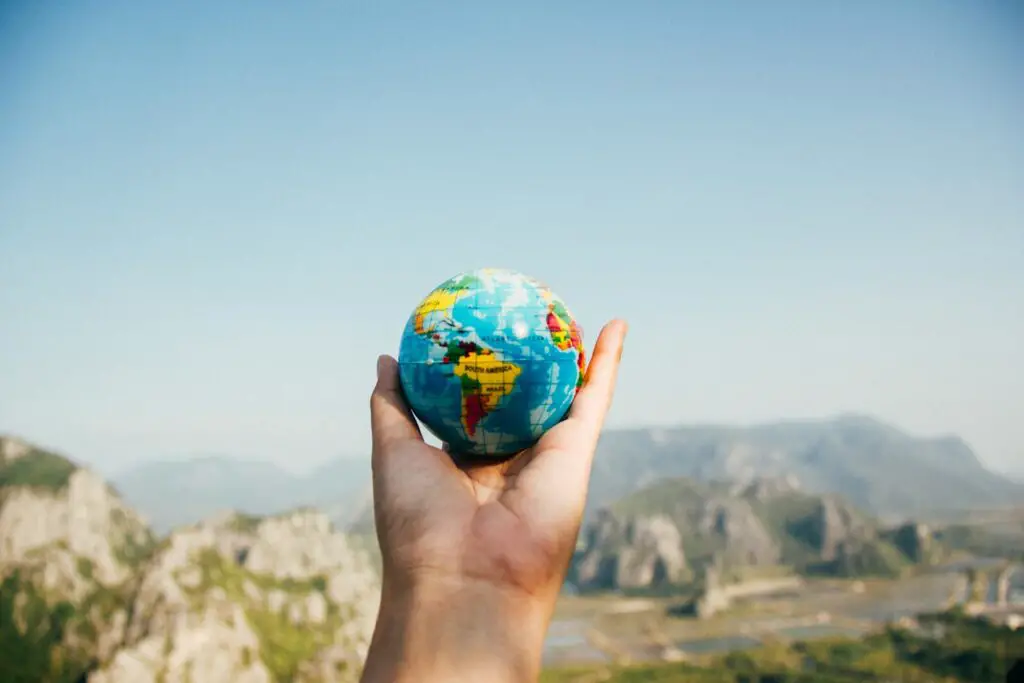
Creating a Balanced Itinerary
You will want to create a balance so that you can make the most of this educational experience. You will need to strike a balance between structured activities, what you plan and organize, and unstructured time in your itinerary that will keep you engaged but not suffer from travel fatigue.
In this context, structured activities mean guided tours, museum visits, or academic lectures, while unstructured time provides you with the opportunity for personal exploration and spontaneous learning.
For example, you can take half a day to go to any historic landmark with a guide, and the other half you can dedicate to local market exploration or any other cultural event. It is this type of balance that makes the journey informational as well as enjoyable.
Engagement with Local Experts
The local expert can always add value to your educational experience in terms of insight and context.
Take part in private tours led by expert local guides, attend public lectures, or participate in workshops conducted by local institutions. For instance, in Kyoto, Japan, a tour led by a historian could be far more informative about that city’s multifarious cultural heritage compared to what a visitor might experience on their own.
Interaction with experts provides one with much better insight into the destination and allows for an enhancement of the learning experience.
Having a Stress-Free Experience in Educational Travel
It is very rewarding to embark on an educational travel experience; at the same time, it comes with its challenges. Any person going on such a journey should make sure his or her trip remains free from hassles by planning and preparing for it sufficiently.
The first thing you need to do is plan your trip well in advance. The planning will help you avoid last-minute hassles so that you can pay attention to educating yourself rather than getting bogged down by logistical problems.
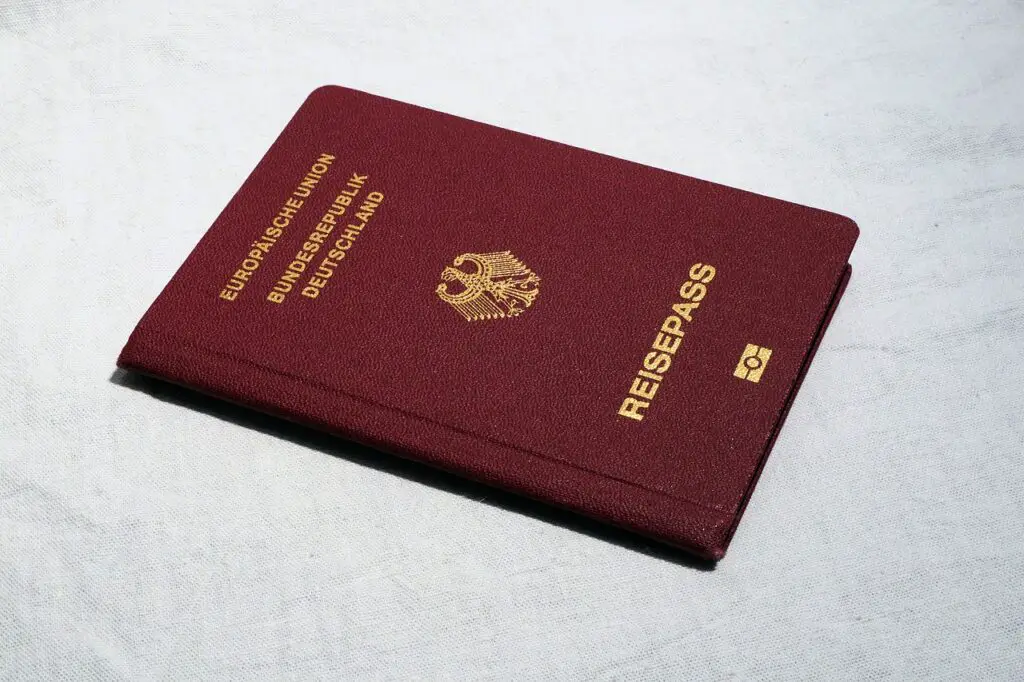
Make sure the traveling documents, such as passports and visas, are intact and ready. A properly arranged program further allows you to make good use of your time wisely, balancing educative activities with some personal time to catch breath.
Other factors that make traveling for education less stressful involve flexibility. As important as having a workable plan might be, openness toward spontaneous opportunities and adjustment to unexpected changes will make your journey more pleasurable.
These could be unplanned events or even local recommendations that turn out to be great learning opportunities. Flexibility will also help clear any disruptions-for instance, changes in weather or delayed travels-without affecting the validity of your experience. Flexibility is key in enjoying the journey and making full use of each opportunity.
Finally, smart packing and advance preparation against any problem likely to occur will go a long way in minimizing stress on the trip.
Other than clothes, pack a first-aid kit, travel-sized toiletries, and a portable charger to handle the common travel hiccup. Be informed about the local etiquette and health advice which you may need at your destination to avoid surprises.
You will thereby be better prepared for minor setbacks that may come up without escalating into panic. Being prepared and flexibility are the keys for a stress-free journey that will enable you to really focus on the educational experiences ahead of you.
Guidelines for Hassle-Free Educational Travel
Early Planning and Organization: Always, one should begin to plan the trip right from the itinerary, the place of stay, and the necessary documents well in advance. Such a preparation leads to minimization of last-minute stress and helps facilitate the hassles pertaining to the journey easily.
- Be Flexible: Not everything goes as planned, so it’s wise to adapt to change when required. Flexibility lets you embrace unexpected opportunities that pop up and handle disruption with ease.
- Smart Packing: Pack essentials like a first-aid kit, portable charger, and any medications one might need. Packing smart gets you ready for general issues and keeps comfort high during your whole trip.
- Research into Customs and Health Advisories: Before embarking on a trip, get yourself acquainted with local customs, health guidelines, and potential risks. This gives you more confidence when exploring your destination, avoiding unnecessary shocks.
- Stay Connected and Informed: Carrying vital contact information, like local emergency numbers and contact details of your embassy, is always handy. Staying connected and being informed means having all the resources at hand to deal with any problem efficiently and on time.

Cultural Immersion
Cultural immersion forms the backbone of each educational travel experience. You will learn context and grasp the region so much more deeply by applying yourself to a culture.
Participate in cultural events, traditional festivals, or even local crafts as a source of primary experience regarding culture.
This can be elaborated by taking the example of watching a flamenco show in Seville, Spain, or participating in a traditional tea ceremony in China. In fact, such activities draw much insight regarding certain customs and practices of a place. Immersion benefits in that it allows connecting with a destination on a deeper level, while practical knowledge adds to your educational journey.
Capturing Your Adventure
Recording the events of your journey in detail will greatly enhance the learning value of your journey. Keep a travel journal or blog throughout your trip where you will document observations, experiences, and reflections.
This should include notes on important encounters, cultural observations, and personal insights. For example, you might note some of the things that happened when visiting historical landmarks and use them at a later date for reflecting on their significance and relevance to the learning objectives.
This will help reinforce your learning and serve as a great reference for travels to come.
Leveraging Technology
Make technology work for you on your educational travel. Apps and digital resources support your learning and can be used to make your journey interactive.
These indeed come with several tools that can make the experience of traveling to a foreign country more rewarding: language translation apps, historic guides, virtual museum tours, among others. For instance, augmented reality apps are being used at historic sites to enable interactive historical reconstructions and additional context.
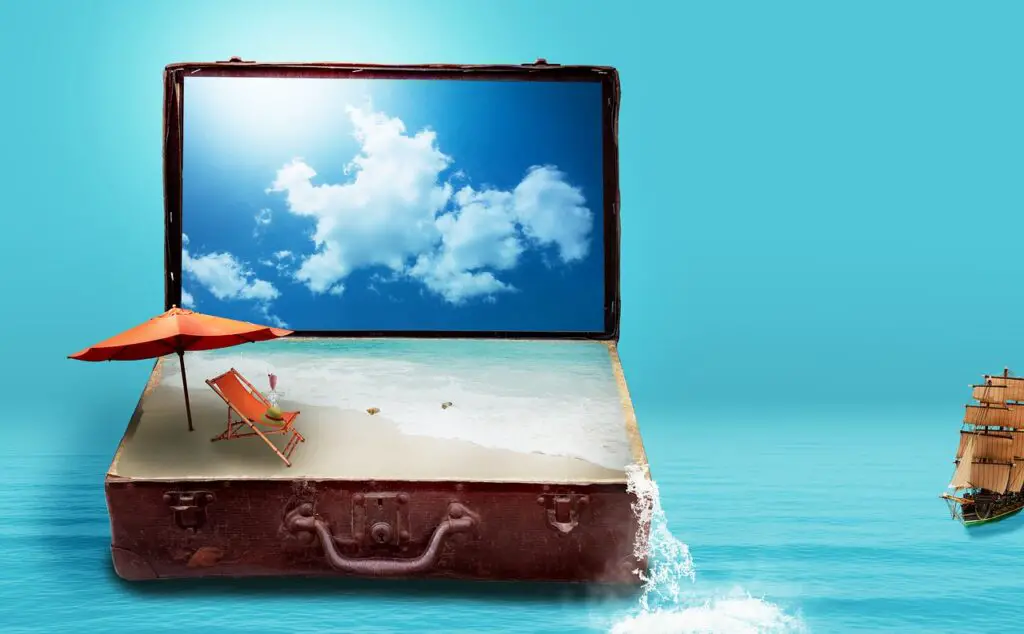
This bridging of gaps in experiences with technology makes learning very interesting; your trip will not just be instructive but easy too. Connecting to Local Communities
Furthermore, interacting with local communities will even provide more practical insights into helping improve your learning process. Interact with the locals through volunteering, community events, or simply by joining in on a discussion in the community.
Practical knowledge and insight into local issues can be acquired, for example, by volunteering to join an environmental conservation project on the coast or taking part in a local discussion on cultural heritage. Building relationships with locals allows for more meaningful interactions and provides a fuller perspective on the destination.
Flexibility
Having a structured plan is important, but sometimes flexibility can indeed bring about valuable educational opportunities. Squeeze some time in for those unplanned discoveries or tips from locals.
By being flexible, you get to allow yourself to get into new experiences and build on unintended learning moments. For example, chances are when a local might suggest an obscure place or some impromptu event, openness to these suggestions at times could make the trip even more worthy and sometimes avail more learning opportunities.
Reflecting on Your Experience
After the trip, reflect back on your experience and how the trip met the learning objectives that you set. Consider what was learned, challenges faced, and how this added to overall learning.
All these help you synthesize your knowledge and also give you constructive feedback you may want to use on future trips. Reflection of experiences further helps in pinpointing what worked and what didn’t work well in order for your future educational travel to be even more successful.
Personal Experience: A Journey Through the Museums of Paris
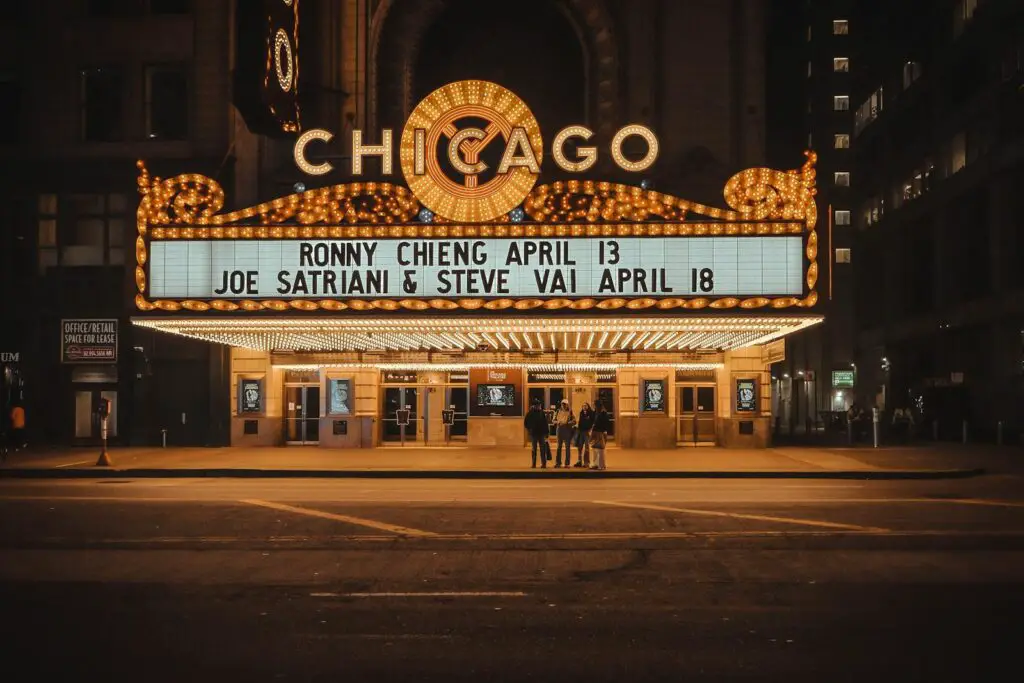
My trip to Paris remains etched in my mind as the moment when I decided to delve deeper into understanding European art history.
My schedule was strictly planned to include trips to famous museums such as the Louvre and Musée d’Orsay. For these visits, I had done extensive readings about the works that would be on view and their creators so I could truly appreciate and understand what I would be seeing. These formal visits to world-class institutions were balanced by more informal visits to art galleries and cafes locally for contextual and additional insights.
Engaging with well-informed museum guides and taking part in various art workshops further enriched my experience, and the trip was at once educational and very rewarding.
How Our Team Came Up with These Ideas
By combining extensive research and personal experiences, a team of travel enthusiasts and believers in the power of education at our company came up with these suggestions. We consulted with experts in educational travel, academic institutions, and well-traveled people who had been able to merge learning with traveling.
From dissecting various educational goals and the unique opportunities offered by different destinations, we developed a comprehensive guide in order to help others plan their own enriching journeys. Each of these tips represents our commitment to providing as much practical advice as possible, enhancing your overall travel experience and making it both informative and enjoyable.
CONCLUSION
Much more goes into planning an educational travel experience than deciding on a destination and booking a flight. If you define your learning objectives and choose the right destinations, along with local expertise, you have the makings of a worthwhile enlightening journey.
Embrace cultural immersion, utilize technology, and be flexible to maximize your journey. Keeping a record of experiences and an account of learning outcomes will consolidate your learning and provide a valued insight into future travel. Safe travels and happy learning!
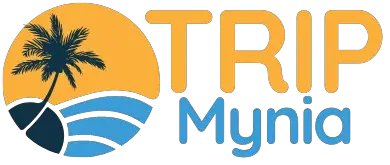
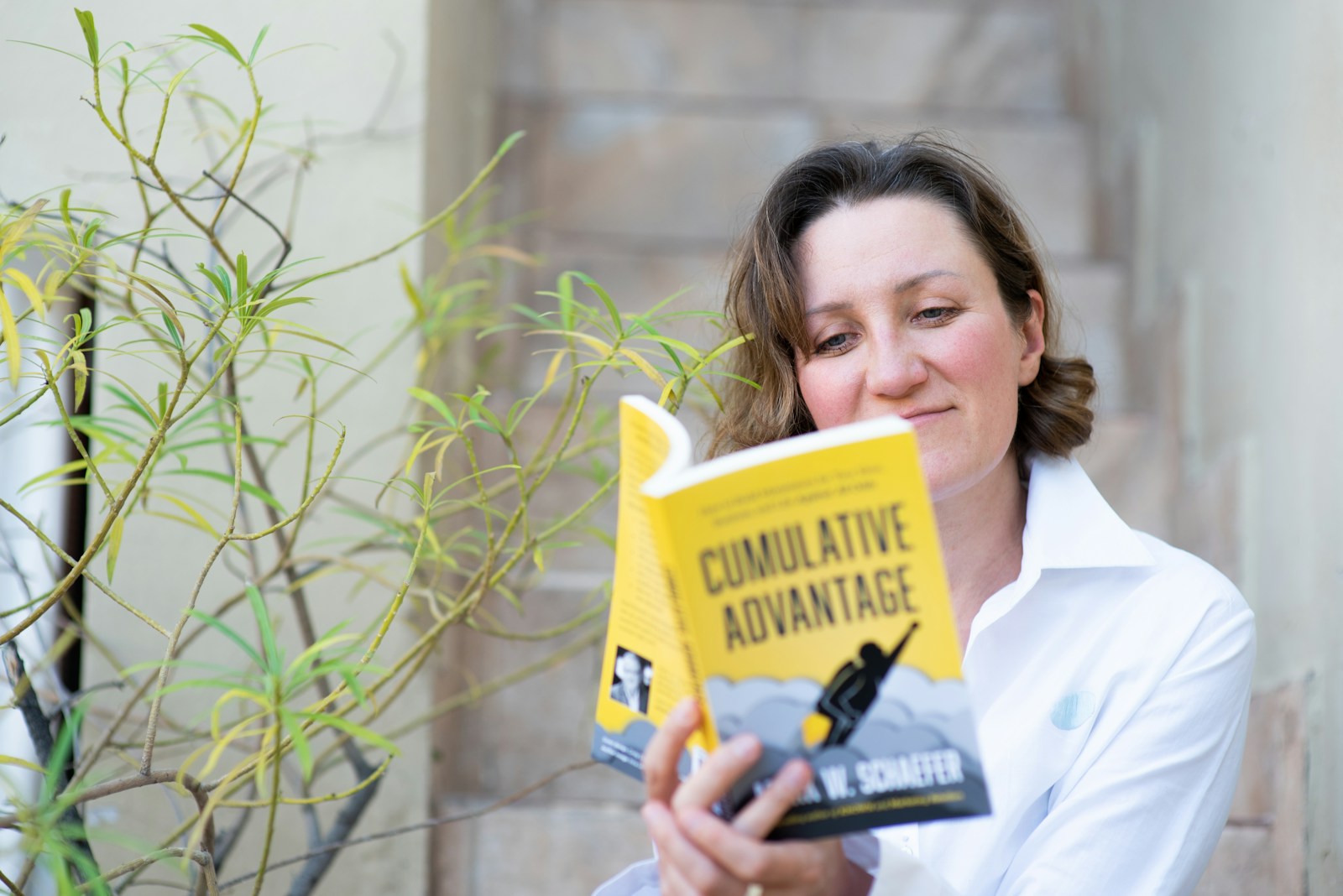
Leave a Reply